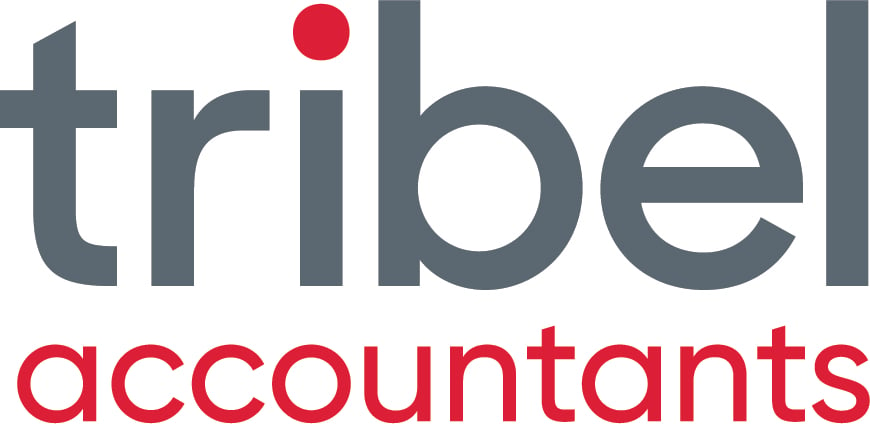INTRODUCTION:
Since one of my recent blogs about the importance of business intelligence, we have received quite a few requests off the web about data mining and how it can actually help small business owners to get real business growth in terms of revenues and profits.
These days data is everything and is a big reason why social media applications such as Facebook is using knowledge about its audience so that it can mine it and then provide a platform for businesses to pay for such access to information and sell in a much more targeted way!
As the digital world and cloud accounting changes the advisor role of the small business accountant, it's imperative they are aware of how these techniques can assist their clients and being able to identify opportunities where data mining can really make a massive difference. Here are some facts about this technique and some examples of just how powerful this concept is.

Figure 1: It's all about finding trends and patterns and using the information wisely to improve growth and profits. Image courtesy of LinkedIn
1. what is data mining?
This technique is the analysis of historical data which can identify trends and patterns.By being able to identify such trends and patterns means that strategic business decisions can be made when determining what things need to change to improve business performance.
2. keeping customers & finding new ones
Finding out why customers leave and why new customers came to you needs to be recorded and monitored. The more information you have about the customer the better whether it be age, location, sex, interests the better.
As we are small business accountants, I often ask clients why people were leaving or where they came from but in the main they either have a high level reason but have not really documented and collated numbers in real terms so that trends can be analysed.

Figure 2: Steps in analysing data. Photo courtesy of Slideshare
3. cross selling to existing customers
Keeping track of what certain customers bought and buying trends with other products can lead to an enormous opportunity for your sales team to up sell once they have this knowledge.
Do you have the information and tools to really identify such trends and if not, spending some time even if it is putting it into a spreadsheet could make a massive difference to your sales strategies with your team.
4. accurate customer profiling
How well do you know your customer demographic? How many customers come from certain post codes (percentage wise), what is their average age, how many times a year do they buy, when do they buy etc?
Imagine how powerful this information can be in terms of sales strategy, targeted marketing (meaning advertising savings) and buying patterns so you can manage stock purchases better thereby minimising inventory days, stock obsolescence and maximising cash flow.

Figure 3: Understanding how it all works can make a massive difference to your business.
5. price sensitivity
Having information about customer sensitivity to price changes can be extremely useful. Keeping track of customer sales depending on price rise increases can help you determine how much you can charge without giving your bottom line an unnecessary beating.
The more dynamic systems will also keep track of competitor information so you can predict likely scenarios to your customer base should your competitors up the ante.
6. product production
Analysing data is great for determining custom products for certain segments. The best companies do not start with a product to sell. They start by data mining and identifying pain points so that they can determine where potential customers are and what they need and so your product can solve a problem.
CONCLUSION:
Data mining is happening but sadly many small businesses are not aware of its importance as the age of technology presents new challenges and opportunities. Depending on the size of your business, you can either do a cost benefit analysis of the tools you need to mange this data collection process or you can sit down and really work out whether you could analyse your existing data better with the applications you have.
Better still, do you really data mine or is the way you do it too "airy fairy"?
Taking the time to do this could mean the difference between a business that survives and a business that wins massive market share!
Which one are you?


.png?width=100&height=100&name=COVID_Safe_Badge_Digital%20(002).png)




